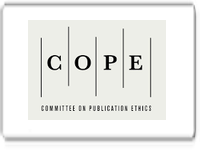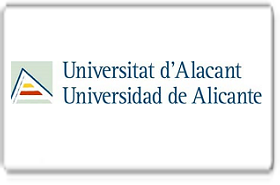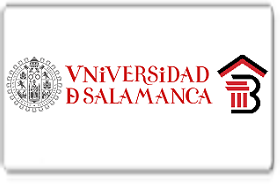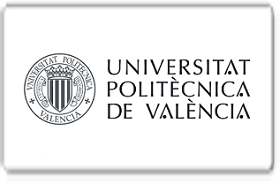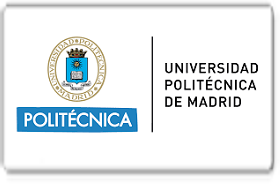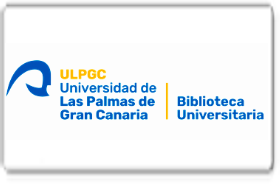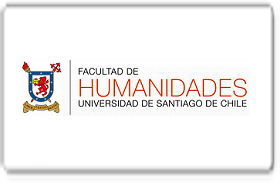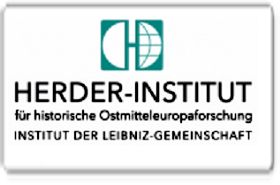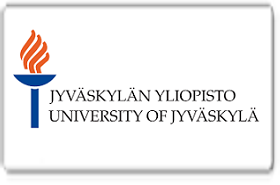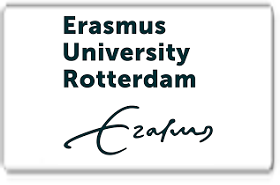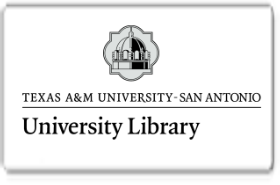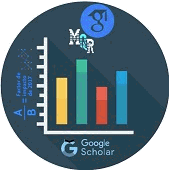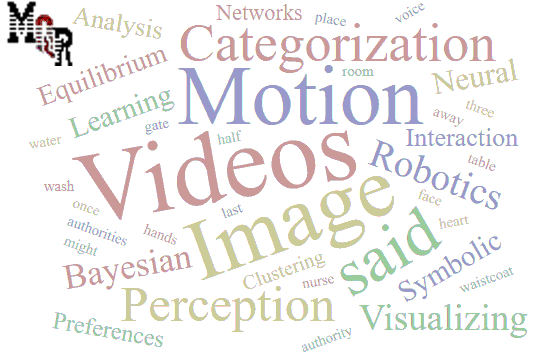Estrategias para promover el uso del inglés en el salón de clases: el rol de las actividades con vacío de información.
DOI:
https://doi.org/10.56048/MQR20225.7.1.2023.2758-2777Palabras clave:
inglés (segundo idioma), estudiantes de inglés, actitudes hacia el idioma, destrezas del habla. (Tesauro ERIC)Resumen
La destreza oral ha sido vista como una prioridad en la enseñanza del idioma durante un tiempo considerable. Es por esto que educadores e investigadores buscan constantemente alternativas para desarrollar esta destreza. El presente artículo estudió el impacto de las actividades de vacío de información en la disposición para usar el inglés para comunicarse en clases, así como medir si los estudiantes mejoraron su destreza oral luego de realizar estas actividades. Esto se hizo con el propósito de analizar si esta estrategia es una alternativa viable en relación a las actividades tradicionales propuestas por los libros que frecuentemente desmotivan a los estudiantes debido a su monotonía. El estudio ocurrió en una institución particular en Cuenca, Ecuador con un grupo de 20 participantes cuyo rango de edad oscila entre 16 y 17 años. Se utilizó un enfoque mixto en el cual los datos cuantitativos fueron obtenidos a través de un pre y post-test y el test de actitud y motivación de Gardner mientras que los datos cualitativos a través de un cuestionario y observaciones. Los resultados demostraron que las actividades de vacío de información beneficiaron tanto la destreza oral como las actitudes y percepciones hacia el aprendizaje del idioma.
Descargas
Métricas
Cited
DOI: 10.56048![]()
Citas
Almziad, A., Samad, A. A., Razali, A. B., & Ismail, L. (2020). Using Information Gap Activities to Improve the Speaking Skills of Saudi Arabian Introverted and Extroverted Learners. PalArch's Journal of Archaeology of Egypt/Egyptology, 357-368.
Amalia, A. R. (2019). The Perceived Characteristics and Advantages of Information Gap Activities in Learning Speaking at Englishopedia. ELT Echo The Journal of English Language Teaching in Foreign Language Context, 73-82. doi:10.24235/eltecho.v4i1.4007
Arjuna, G., & Rozimela, Y. (2021). The Use of Information Gap Technique in Improving Students' Speaking Skill. Advances in Social Science, Education and Humanities Research, 212 - 215.
Bocanegra, C., & Ramirez, A. (2018). Speaking Activities to Foster Students' Oral Production at a Public School. Canadian Center of Science and Education, 65-72.
Calle, A. M., Calle, S., Argudo, J., Moscoso, E., Smith, A., & Cabrera, P. (2012). Los Profesores de Inglés y su Práctica Docente: Un Estudio de Caso de los Colegios Fiscales de la Ciudad de Cuenca, Ecuador. Maskana, 1-17.
Cambridge. (2013). Cambridge Oral Placement Test. Face2Face Oral Placement Test. Cambridge University Press.
Creswell, J. (2012). Educational Research. Boston: Pearson Education.
Defrioka, A. (2016). The Use of Information Gap Activities in Teaching Speaking (Clasroom Action Research at SMK). Lingua Didaktika Jurnal Bahasa dan Pembelajaran Bahasa, 116-126.
Dörnyei, Z. (1994). Motivation and Motivating in the Foreign Language Classroom. The Modern Language Journal, 273-284. Retrieved from https://doi.org/10.2307/330107
Dörnyei, Z., & Ushioda, E. (2013). Teaching and Researching Motivation. New York: Routledge.
Duyen, N. T. (2021). EFL Teachers’ Perceptions of Information Gap Activities in Teaching Speaking and Their Reflections on the Use of These Activities in their Classrooms. International Journal of Science and Management Studies (IJSMS), 347-359.
First, E. (2021). Education First. Retrieved from Education First: https://www.ef.edu/epi/
Gardner, R. (2004). Attitude Motivation Test Battery.
Gorjian, B., & Yazdanparast, M. (2018). Using Whispering Game in Teaching Speaking Skill to EFL Learners. Journal of Applied Linguistics and Language Learning, 40-48. doi:10.5923/j.jalll.20180402.03
Humaera, I., Jumiati, W. O., & Safei, N. H. (2022). Developing Students' Willingness to Communicate Using Information Gap Activities. International Conference: Transdisciplinary Paradigm on Islamic Knowledge. KnE Social Sciences, 127-137. doi:10.18502/kss.v7i8.10731
Ismaili, M., & Bajrami, L. (2016). Information Gap Activities to Enhance Speaking Skills of Elementary Level Students. Procedia - Social and Behavioral Sciences, 612 - 616. doi:10.1016/j.sbspro.2016.10.084
Kadamovna, S. N. (2021). The Importance of Speaking Skills for EFL Learners. International Journal of Innovations in Engineering Research and Technology [IJIERT], 28-30.
Krashen, S. (1982). Principles and Practice in Second Language Acquisition. Los Angeles: Pergamon Press Inc.
Lightbown, P. M., & Spada, N. (2013). How Languages Are Learned. Oxford: Oxford University Press.
Mackey, A., & Gass, S. (2005). Second Language Research. Mahwah: Lawrence Erlbaum Associates.
Marashi, H., & Naddim, R. (2018). Using Information Gap and Opinion Gap Tasks to Improve Introvert and Extrovert Learners' Speaking. Applied Research on English Language, 187 - 206. doi:10.22108/are.2019.113273.1371
Namaziandost, E., Hashemifardnia, A., & Shafiee, S. (2019). The Impact of Opinion Gap, Reasoning Gap, and information Gap Tasks on EFL Learners' Speaking Fluency. Cogent Social Sciences, 1-16. doi:10.1080/23311886.2019.1630150
Ortiz, R. A. (2019). The Impact of Information Gap Activities on Young EFL Learners' Oral Fluency. Profile: Issues in Teachers' Professional Development, 113-125. doi:10.15446/profile.v21n2.73385
Richards, J. C. (2006). Communicative Language Teaching Today. New York: Cambridge University Press.
Rivera Gallardo, X. P., & Matts, J. (2021). The Impact of the COVID-19 Pandemic on the Affective Filter of EFL Learnersin an Online Classroom. Conciencia Digital, 42-59. doi: https://doi.org/10.33262/concienciadigital.v4i4.2.1939
Rogers, M. (2022, Febrero 8). FluentU. Retrieved from FluentU: https://www.fluentu.com/blog/educator-english/information-gap-esl/
Vygotsky, L. S. (1978). Mind in Society. Cambridge: Harvard University Press.
Vygotsky, L. S. (1987). The Collected Works of L.S. Vygotsky Volume 1: Problems of General Psychology. New York: Plenum Press. doi:10.1007/978-1-4613-1655-8
Publicado
Cómo citar
Número
Sección
Licencia
Derechos de autor 2023 MQRInvestigar

Esta obra está bajo una licencia internacional Creative Commons Atribución 4.0.
Los autores se comprometen a respetar la información académica de otros autores, y a ceder los derechos de autor a la Revista MQRInvestigar, para que el artículo pueda ser editado, publicado y distribuido. El contenido de los artículos científicos y de las publicaciones que aparecen en la revista es responsabilidad exclusiva de sus autores. La distribución de los artículos publicados se realiza bajo una licencia 


















